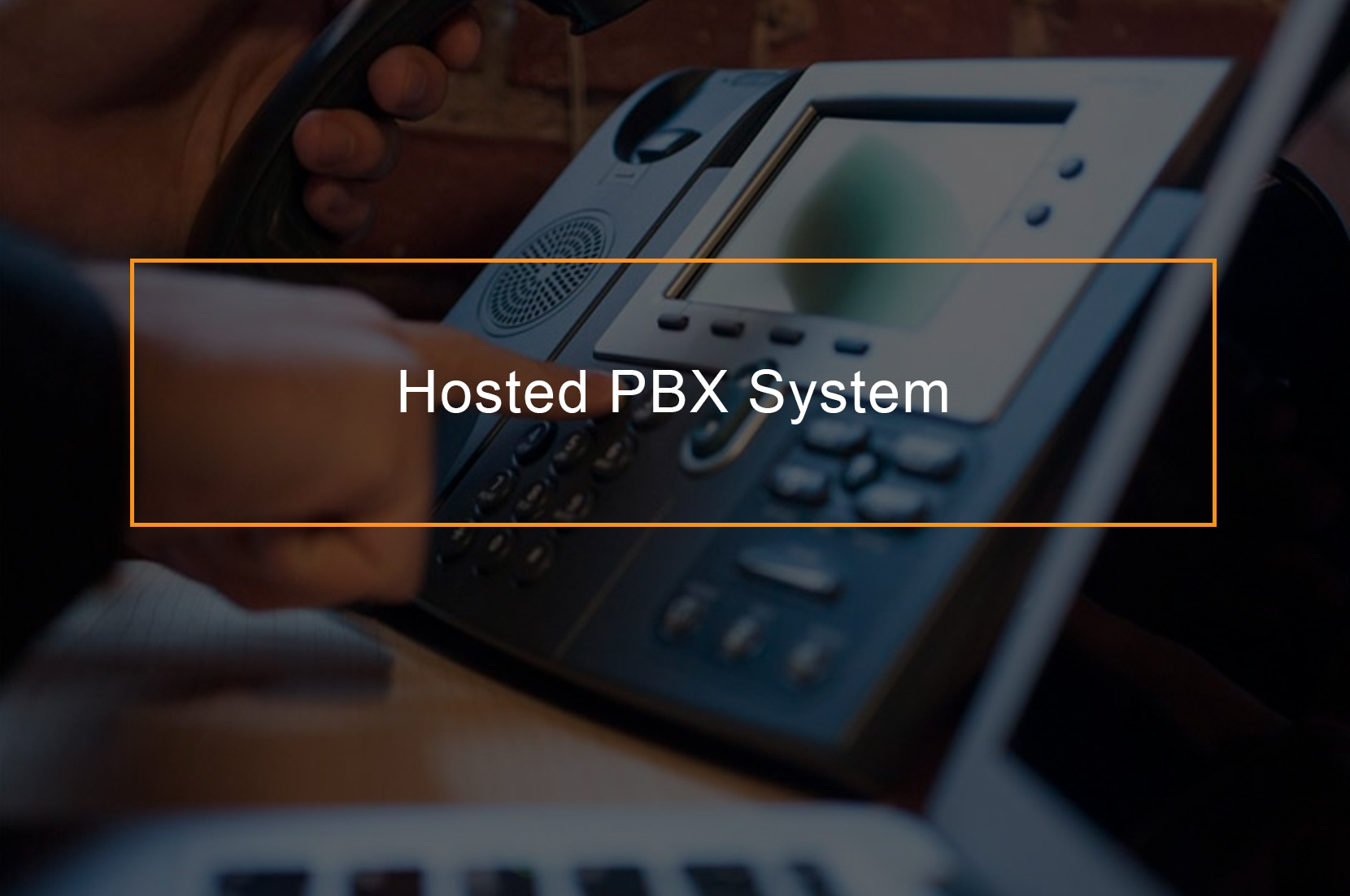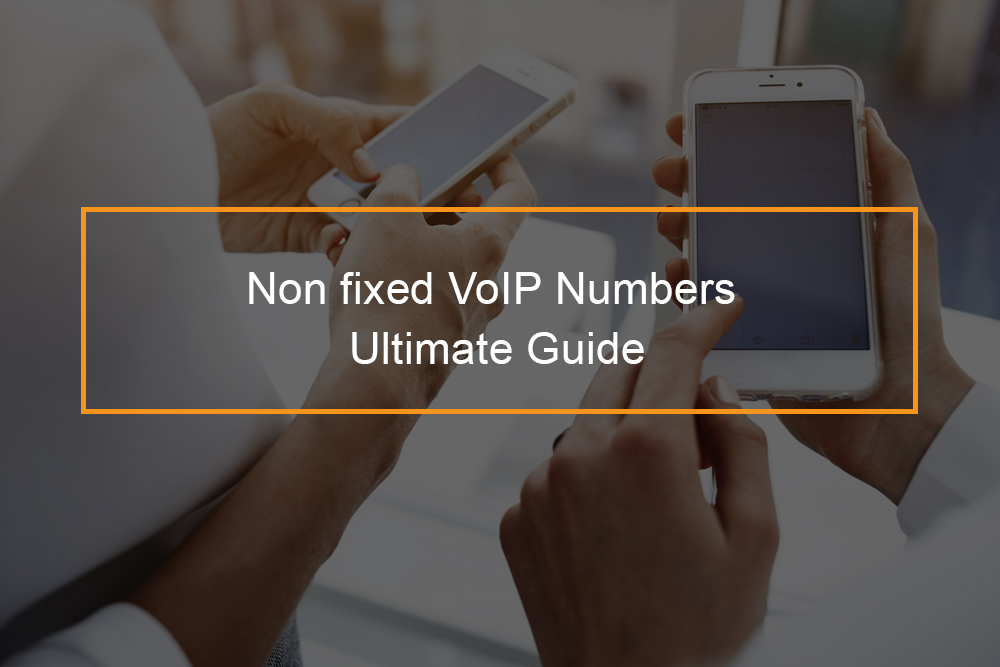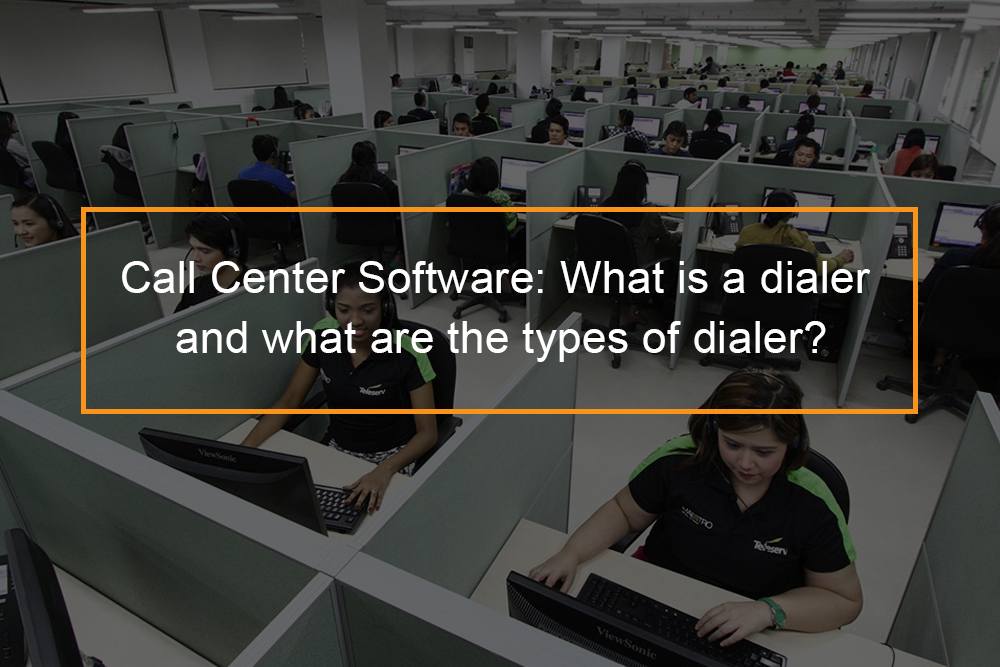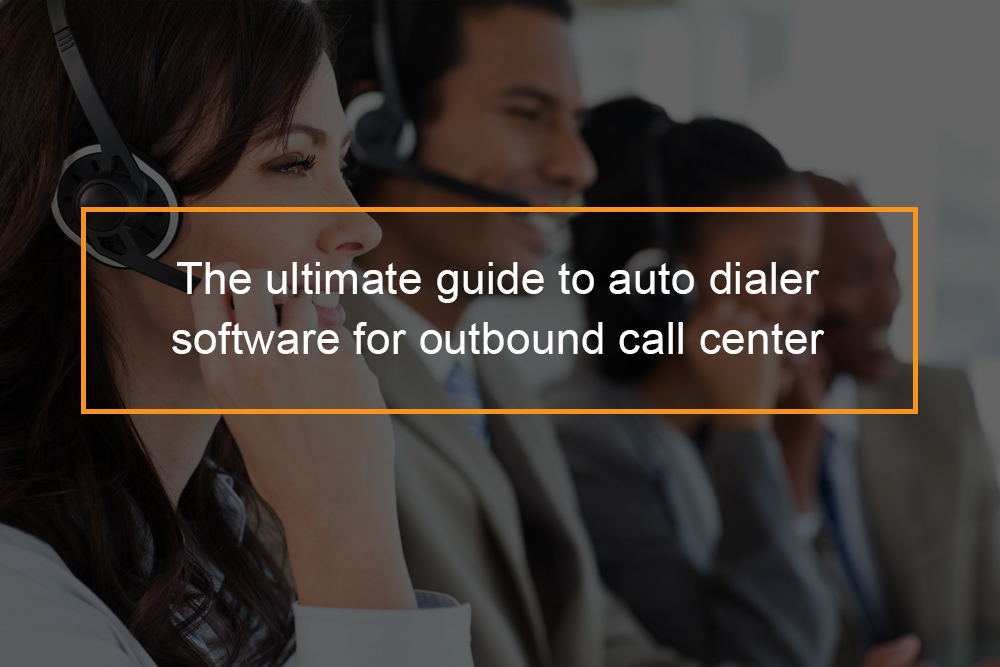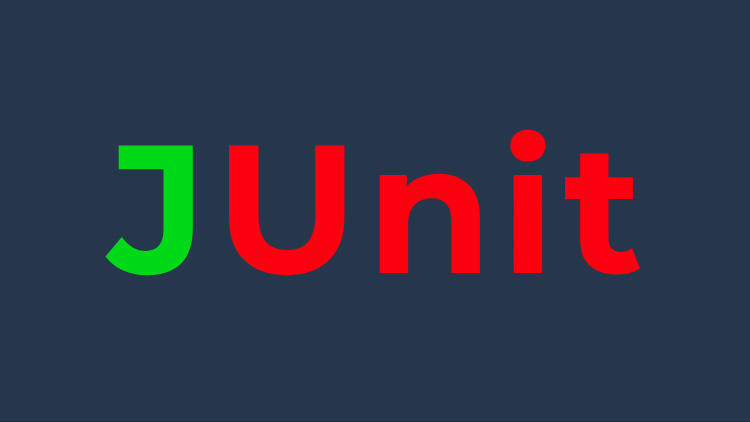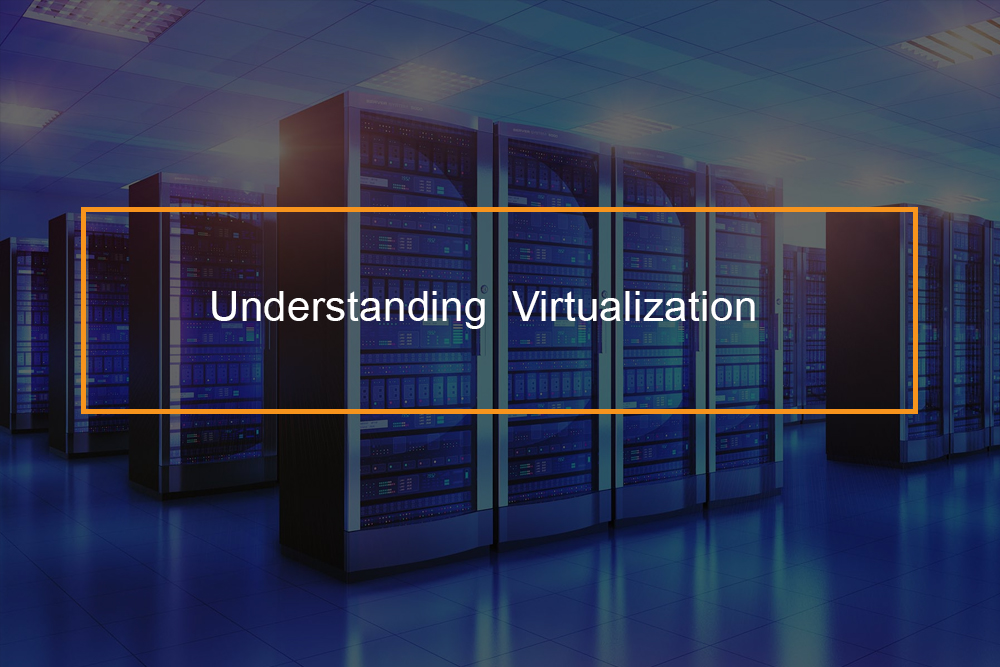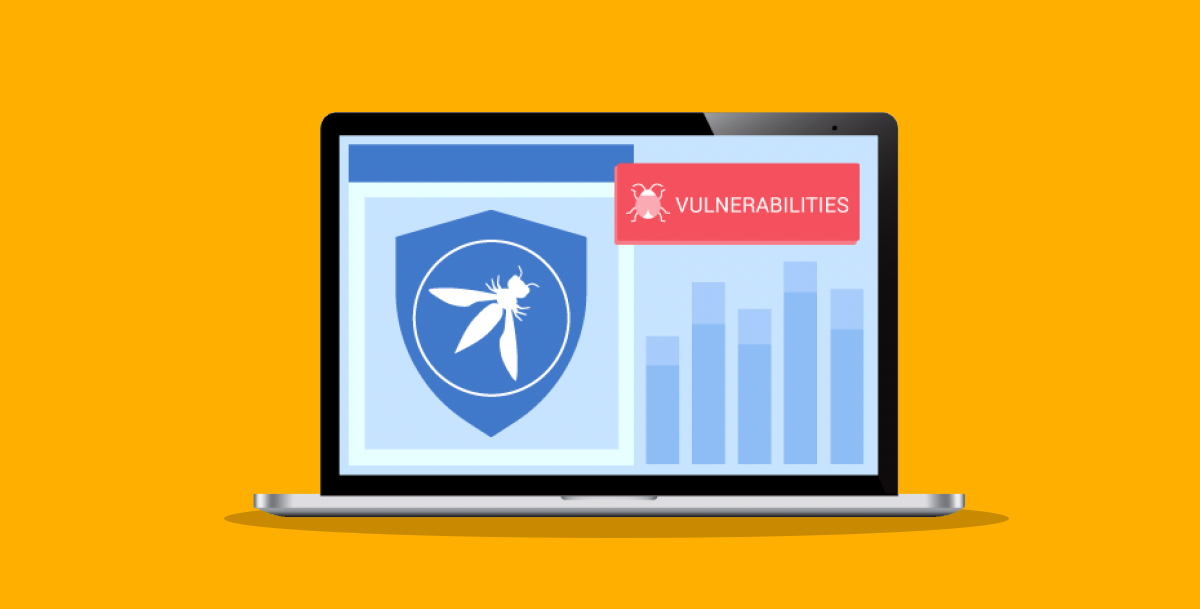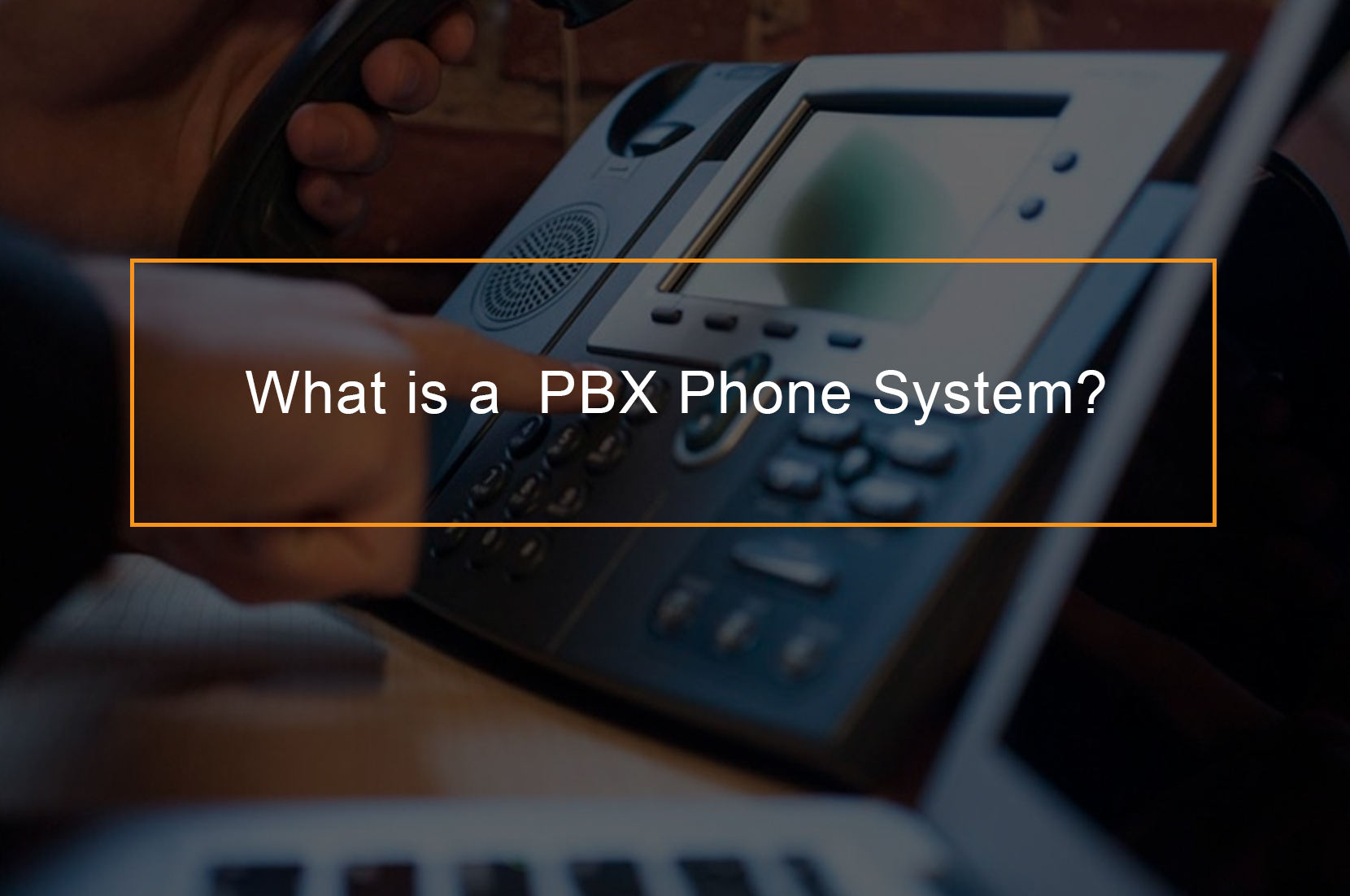 Defining the PBX phone system
Defining the PBX phone system
PBX, in full, stands for a Private Branch eXchange. It is a telephone system that switches and routes calls between an enterprise location and the phone network.
The name PBX is as a result of its interaction with the Public Switched Telephone Network, PSTN. The PBX system is separate from PSTN and hence the name ‘private, it is connected using ‘branches’ and involves ‘exchanging’ and switching of calls.
Using the PBX system, especially for your business, has numerous advantages. Above all, the phone system is cost-effective and provides a lot of features.
How does a PBX system work?
A PBX phone system works more or less the same way as a switchboard operator. In its simplest form, an incoming call is directed to the desired receiver in a different line using the PBX system.
As opposed to the manual switchboard operators, the PBX phone system users software that does the dispatching of calls more efficiently. Clients can be directed to a mobile phone, fixed-line, or cloud-based phone systems. Callers are assured of reaching the right person or department all the time.
What are the different types of PBX?
The types of PBX are distinguished by operation and location. A PBX can operate using the traditional phone lines (analog or digital lines), or it can use Internet Protocol (IP). When it comes to location, the PBX system can be on the location of the business or at an offsite location. With these criteria, we get four main types of PBX. These four types are;
Traditional PBX
- On-premise PBX
This uses analog or digital lines and is located on the business premises.
- Hosted traditional PBX
This uses the analog or digital lines but is located offsite.
IP-based PBX
- On-premise IP PBX
This is internet-based and is located at the business.
- Hosted IP PBX
This is internet-based but located offsite
What is a traditional PBX system?
A traditional PBX link calls physically using the copper wires through the Public Switch Telephone Network, PSTN. This system was used by companies in the past for their phone services. It is very stable and could be customized. However, businesses would splash a lot of cash it in as traditional PBX is very expensive. Furthermore, the system requires a lot of hardware, set up, and highly skilled maintenance. All this contributed to the expensive nature of the system.
As stated, traditional PBX could either be on-premise or hosted.
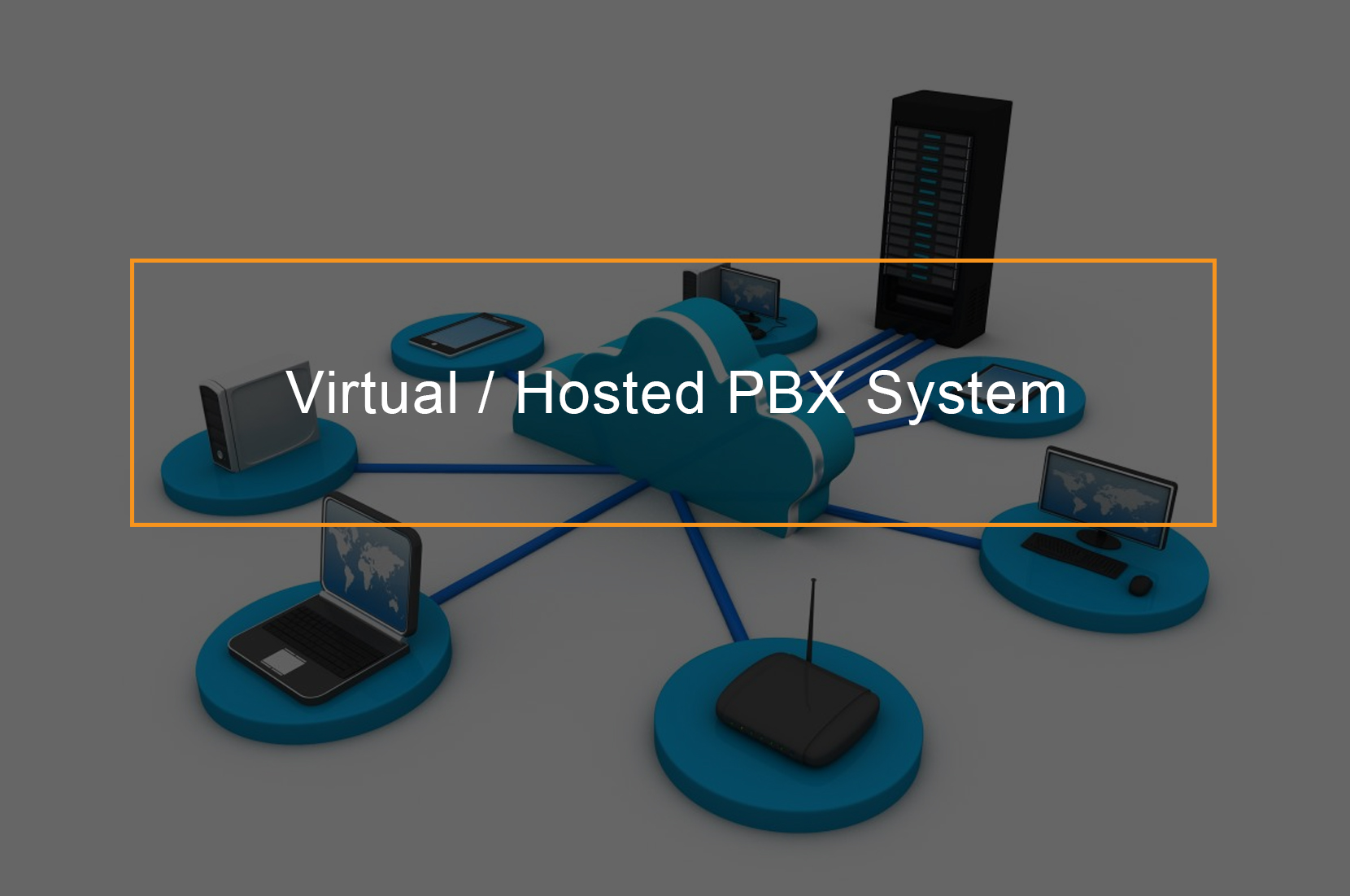 What is a virtual or hosted PBX system?
What is a virtual or hosted PBX system?
Virtual, hosted, or IP PBX takes advantage of the VoIP technology to make calls via the internet. This technology is replacing the traditional PBX system because of the numerous advantages associated with IP PBX.nThe two options with hosted PBX is either having it on-site or offsite.
The costs of cloud PBX vs. traditional PBX
The total cost of running a traditional PBX system is about $5,000. This amount includes the installation fees, fees for new equipment, and an hourly fee for an operator. This fee is usually around $10 per hour. This is very expensive compared to having a cloud PBX system. Even without an operator, the bill can reach up to $400, for the internet and general upkeep.
Hosted PBX is quite cheaper. A lot of the service providers offer a lot of the features for free. Most of the premium features costs between $10 to $20 per month. Some plans start from as low as $4 per month. The choices are endless; it all depends on which service provider you go for.
The advantages of using hosted PBX
– This phone system gives room for the business to grow. Hosted PBX can scale with you as your business grows. You do not have to worry about expensive upgrades when your company expands.
– Generally, cloud PBX is cheaper because it does not require the high costs of installation and system maintenance.
– Cloud-based PBX does not confine a business to a certain office location. The business can manage virtual office across the globe.
– Cloud-based PBX provides more flexibility to the business in terms of updates in the phone system. Updates here are simple and does not require hardware updates or integration issues.
– Hosted PBX systems have a find me/follow me features. With this service, you won’t have to miss an important phone call again. The system will find you wherever you are and ring your device. Basically, you need to to be at the office.
– Hosted PBX gives your employees flexibility as well. They can efficiently work from any part of the globe provided they have an internet connection.
– Hosted PBX offers better customer service. As a customer, the experience is much more satisfactory compared to traditional PBX. Their concerns are handled faster and more efficiently.
– One of the major advantages of the hosted PBX system is the vast number of features it has to offer. These features can simply not be matched by the traditional phone system.
The disadvantages of using hosted PBX
– There are security concerns due to the nature of cloud storage. It is best to go for cloud PBX solutions that are well known for its security.
– In this system, businesses communicate over the internet. Phone calls will depend on the strength of your internet connectivity. In case of a slow connection, your calls will hang or potentially get dropped.
What are the features of a cloud PBX system?
As a business owner, you would want to know what this hosted PBX system can do for your business and why you should choose cloud PBX. Listed are the features of the cloud PBX:
- Call recording features
- Voicemail transcription
- Call groups
- Call queues
- Virtual attendant
- Reporting and analytics
- Call whisper
- Call barge
- Online user interface
- Automated call distribution
- CMS and CRS integration
- Live call monitoring
- Fully automated software upgrades and data backups
The system has many other features users can enjoy. Not all VoIP providers are the same; the features named above are some of the common ones amongst the major service providers and are mostly free.
What is the difference between virtual PBX and IP PBX?
A virtual PBX system requires less hardware and maintenance compared to an IP-based PBX. In the virtual system, your business only needs IP phones and a computer with a stable internet connection whereas with the IP PBX, you own the PBX system and operate in from your office.
Each system has its advantages, but the virtual PBX is considered far superior. On top of the already discussed advantages of affordability, flexibility, and scalability, virtual PBX also comes with the following extra features that are very useful:
– Unlimited extensions
– Faxing
– Auto-attendant
– Music on hold
– Custom greetings
– Dial-by-name directory
– Voicemail
How to set up cloud PBX?
Setting up the cloud PBX system is generally very fast and relatively simple. Customers and clients are usually up and running in less than a business day, just a couple of hours. After signing up to a cloud PBX solution, businesses can personalize their PBX, add new users, phone numbers, etc.
This service can be accessed anywhere around the world. All you need is a stable internet connection and an operating system that supports hosted PBX.
What do you need to set up a PBX phone system?
The equipment required to set up a functioning PBX system depends on the use of the PBX and the complexity of the system. The existing phones in the business also play a role.
Generally, you would need the equipment below to set up a PBX system:
- Phone handset (VoIP, USB, and SIP)
- Multiple phone lines that end at the PBX (telephone trunk)
- Unified communications router
- The network of lines within the PBX
- A computer that can handle switching of calls
- VoIP gateway
- IP PBX
- Telephony application server
- Cables, uninterruptible power supply (UPS), Cabinets
- Internet router

